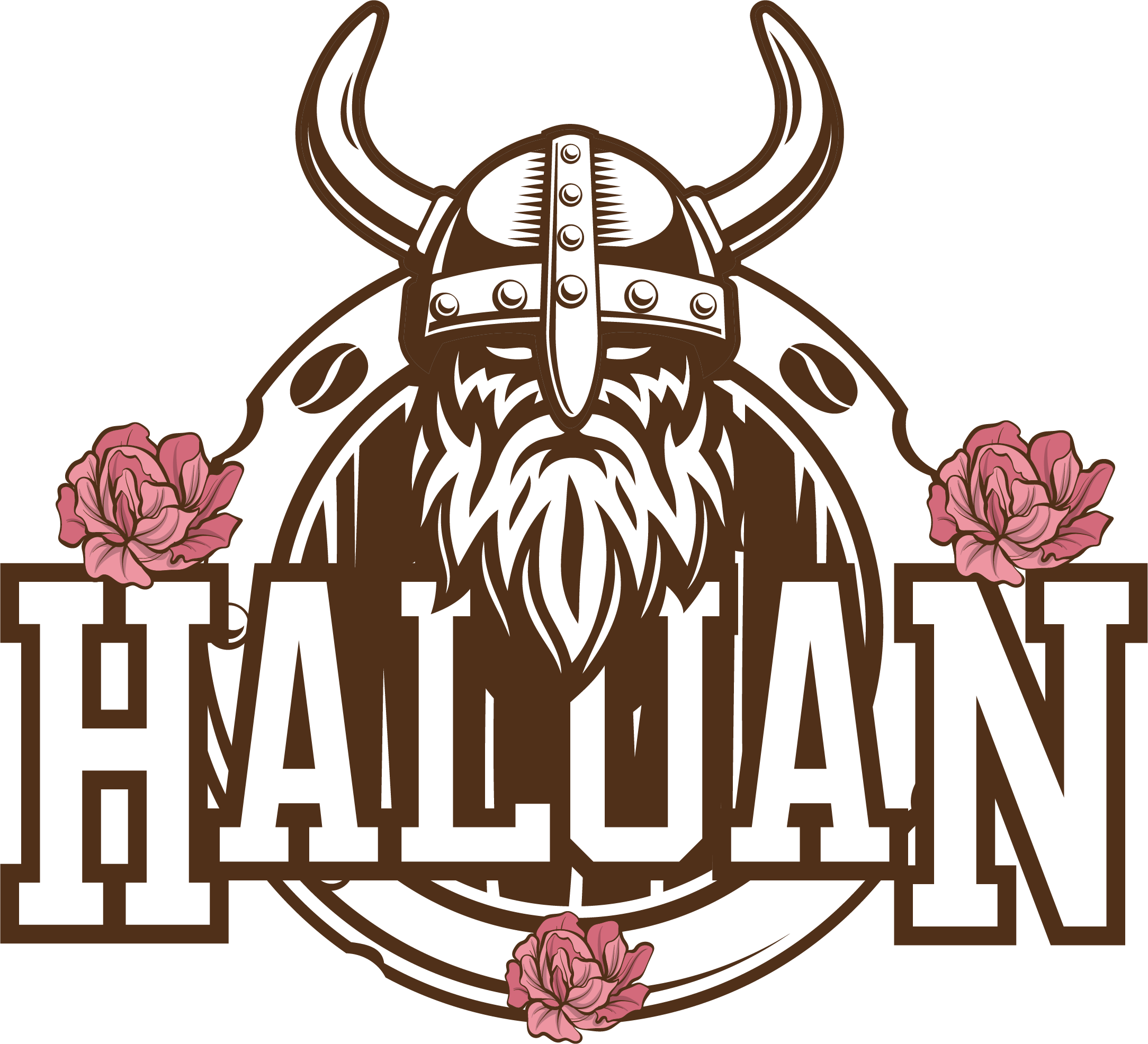
How Organic Coffee Beans are Produced
Organic coffee beans are grown using organic farming practices that do not involve the use of synthetic fertilizers, pesticides, or herbicides. Instead, organic farmers rely on natural methods to enhance soil fertility and control pests and weeds.
Here are some of the common practices used in organic coffee farming:
Soil management: Organic coffee farmers use practices that enhance soil fertility, such as composting, cover cropping, and crop rotation.
Pest control: Instead of using synthetic pesticides, organic coffee farmers use natural methods like companion planting, beneficial insects, and physical barriers to control pests.
Weed control: Organic coffee farmers use methods such as hand weeding, mulching, and flame weeding to control weeds without the use of herbicides.
Harvesting: Organic coffee beans are typically handpicked to ensure that only ripe beans are selected, and to minimize damage to the coffee plants.
Processing: Organic coffee beans are processed using natural methods that do not involve the use of chemicals or additives. For example, the beans may be washed in natural water sources or dried in the sun. Overall, organic coffee farming practices prioritize environmental sustainability and minimize the use of synthetic inputs, which can have harmful effects on both the environment and human health.
You can find Coffee of Valhalla organic beans in these lines Bali Blue, Peru, Mexican, Nicaragua, and Peru Decafe.
